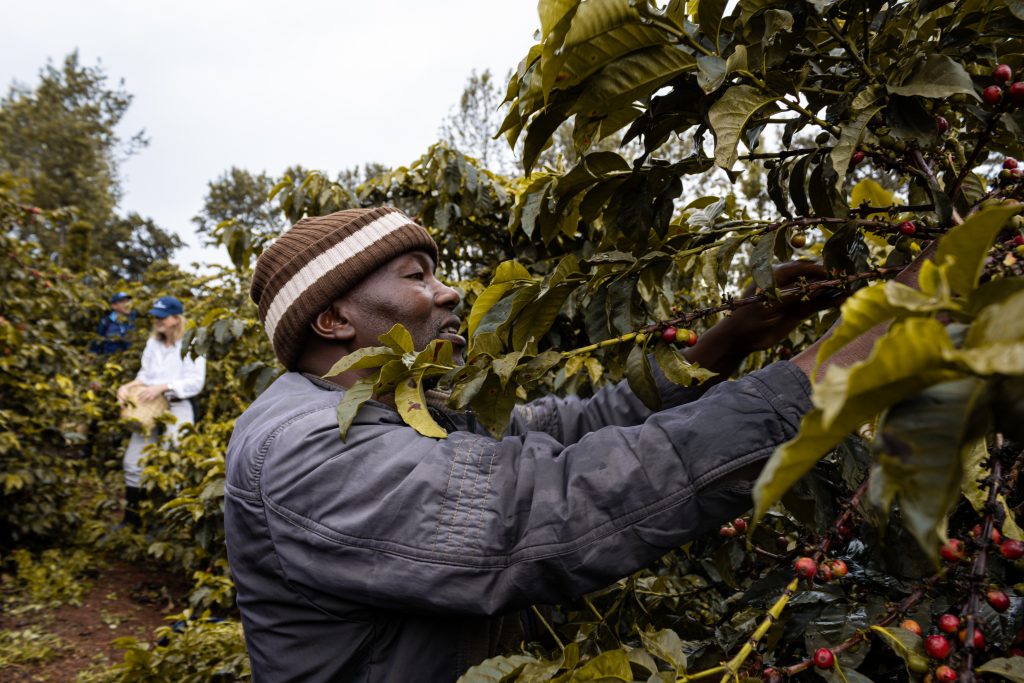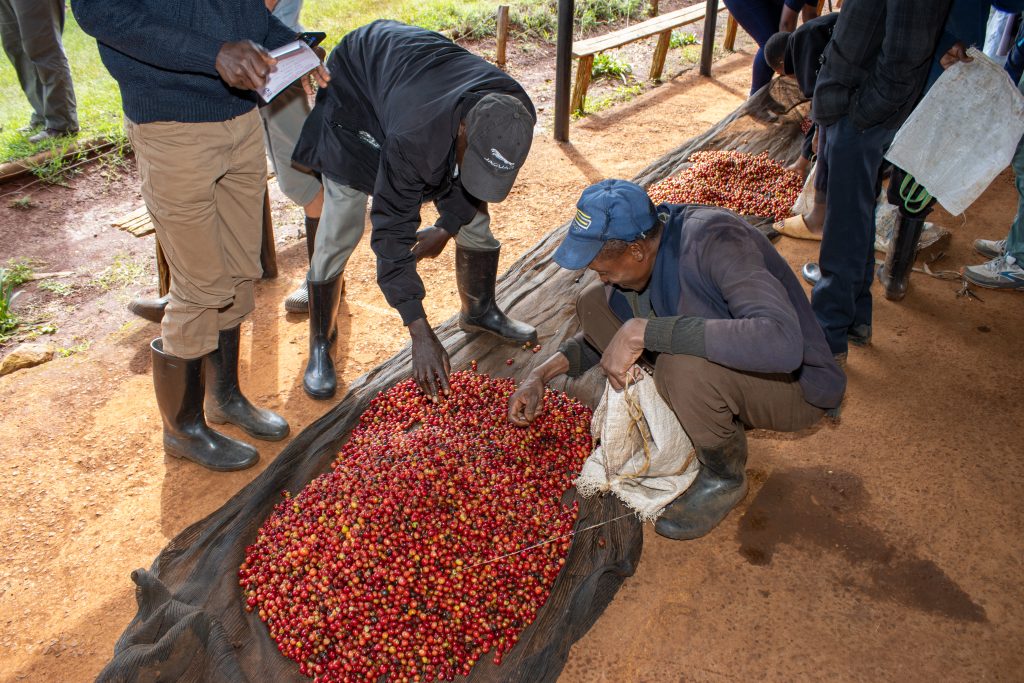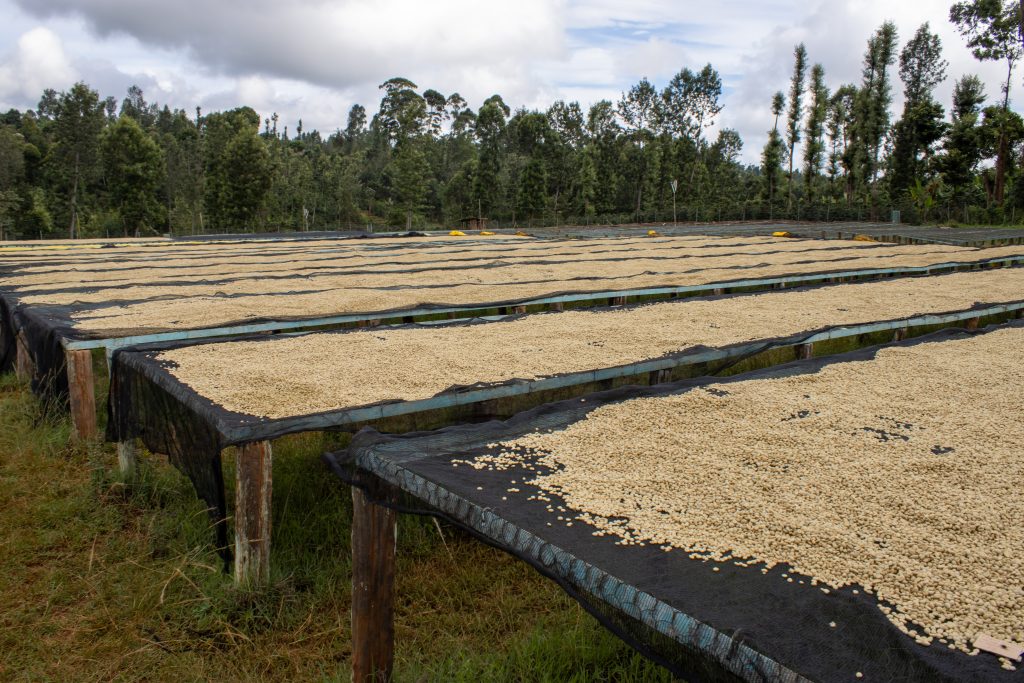
Vote for the Photo of the Month: January 2024
Our monthly photo series highlights the beauty and opportunity in the lives of our clients around the world.
TechnoServe’s work fighting poverty around the world is full of striking stories and images that we feature in our “Photo of the Month” series each month. We are honored to share uplifting images of the courageous journeys that our clients take to seize opportunities to build a better future.
Around the world, roughly 12.5 million farming families rely on income from coffee for food, clean water, medicine, education, and a roof over their heads. Despite coffee being one of the world’s most popular beverages, more than 80% of these families live below the poverty line.
This month, we’re highlighting some of the ways TechnoServe works with smallholder coffee farmers to increase their incomes and lift themselves out of poverty. Keep reading to see a few stops on the journey coffee takes from farm to cup, and then vote for your photo of the month below.
Photo of the Month: January 2024

Smallholder farmers face many challenges earning a decent livelihood, including having limited land to cultivate. As years pass and family land is divided, farms get smaller, and coffee farmers see decreased production. In the wake of less available land, one of the best ways to help coffee farmers increase their incomes is to improve the quality of their coffee.
TechnoServe helps smallholder farmers adopt good agricultural practices by providing field-based agronomy and business training from local trainers. To date, TechnoServe has trained over 400,000 coffee farmers in climate-resilient agriculture.
Related blog post: Climate Change and Agriculture: Why are Smallholder Farmers Vulnerable?

After harvesting, farmers sort the coffee to remove any cherries that are over- or under-ripe, as well as any foreign materials. Many farmers take their harvest to wet mills like the one pictured above, where they’re paid by the kilogram for ripe cherries.
Symon and Lucy Kinyua have been farming coffee in Kenya since 2000. When Symon participated in a TechnoServe agronomy training in 2018, they produced 1,912 kilograms of coffee in the season. Last season, they produced 2,807 kilograms – a nearly 50% increase. “Last year, I took my son to the university and paid for his tuition fees from the coffee income,” Symon reports. “I used the same income to pay for the other two children in high school.”
Related blog post: How Do Coffee Farmers in East Africa Bring Your Favorite Coffee From Crop to Cup?

In many cases, after coffee cherries are sorted, pulped, fermented, and washed, they’re set out to dry. One of the key areas of TechnoServe’s work with smallholder coffee farmers is better processing, including supporting the establishment and management of processing businesses. TechnoServe has built, supported, or strengthened over 1,000 coffee processors in Africa, helping more than 500,000 farmers increase their incomes.
Our work doesn’t stop there. TechnoServe is continually working with industry players to share learnings and align priorities. At the local level, TechnoServe’s support of coffee processors, as well as other businesses that employ community members who buy from smallholder farmers, helps to improve the overall sustainability of the coffee supply chain. At a national level, TechnoServe has supported government agencies in several countries, including Kenya, Ethiopia, and Tanzania, to develop industry strategies and conduct policy reviews.
Related blog post: Introducing a New Mobile Application for Monitoring Coffee Farming Best Practices





